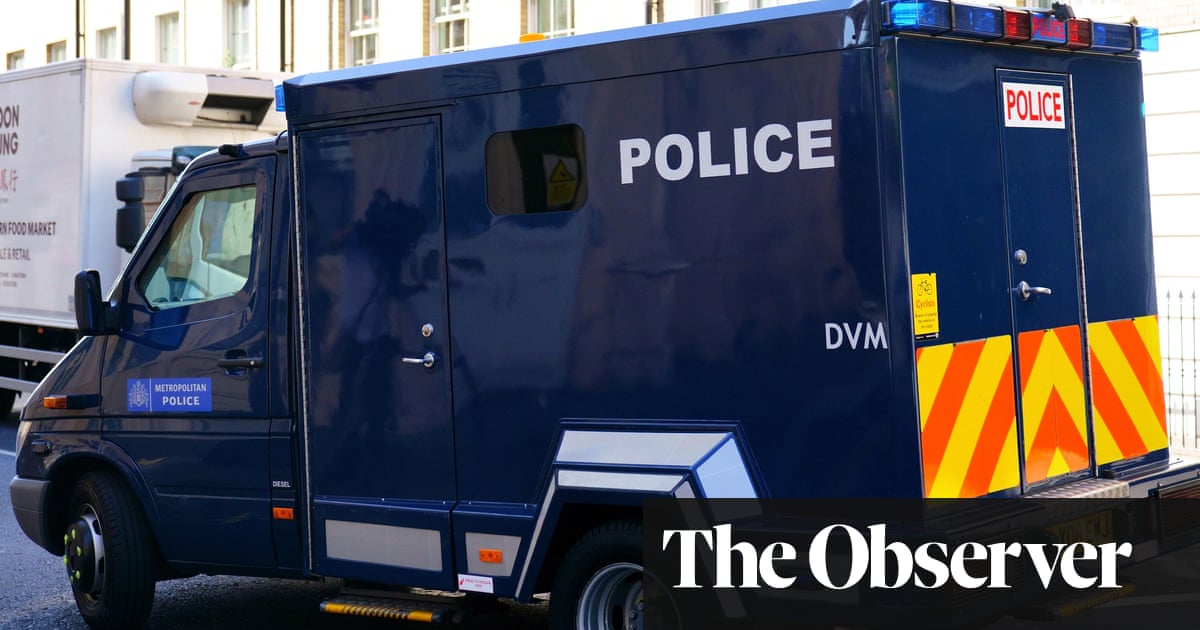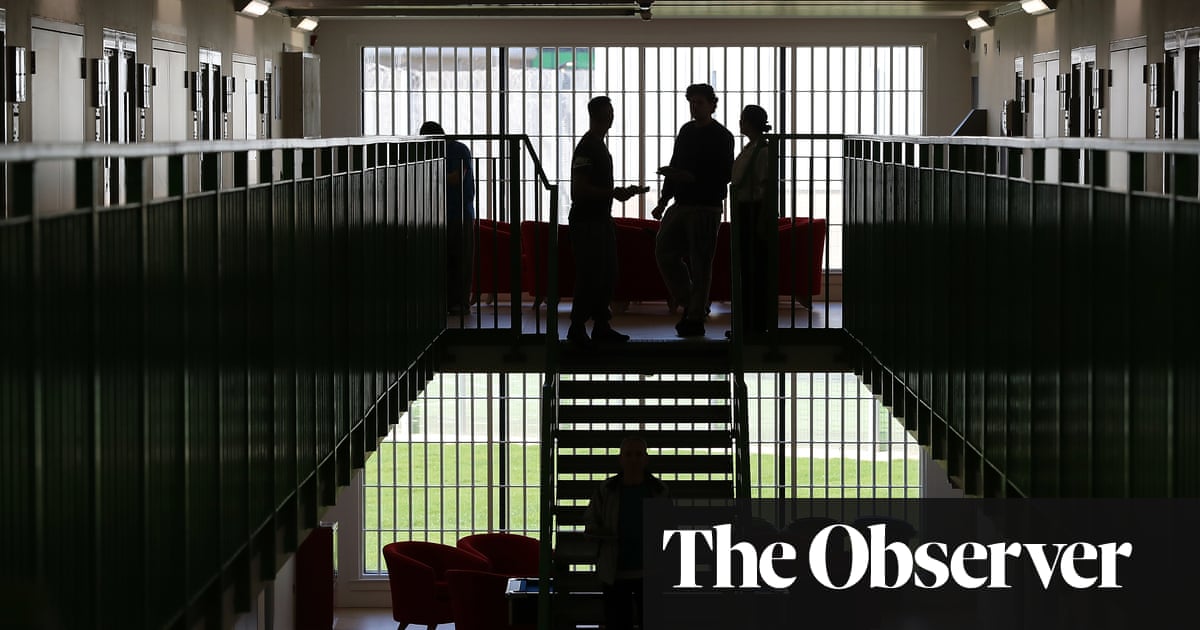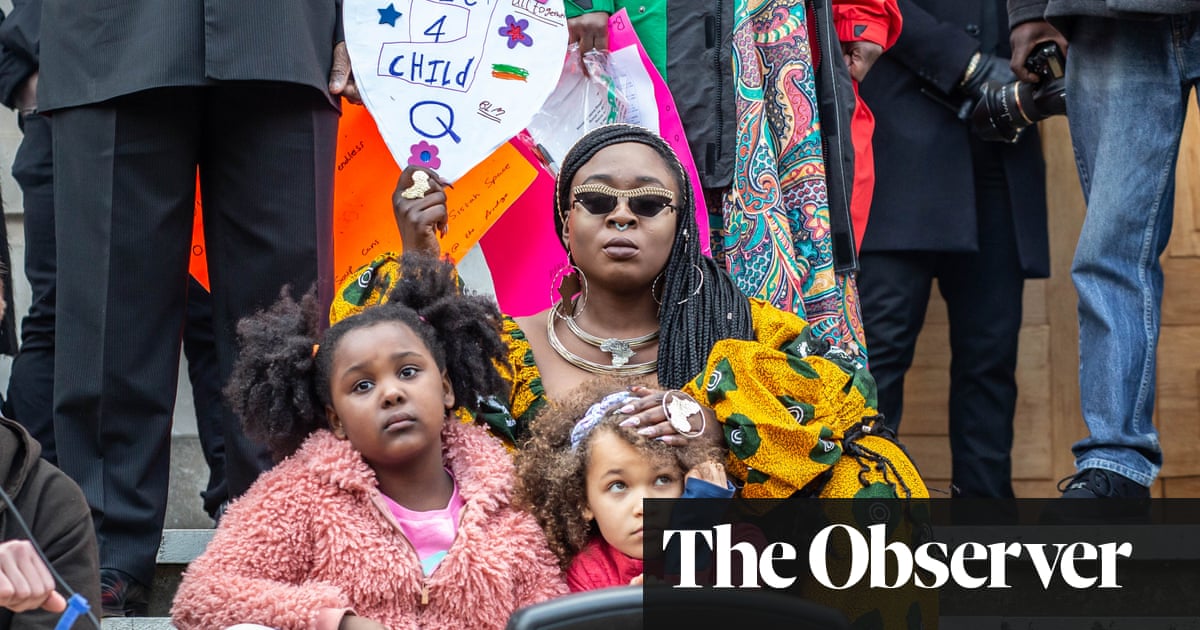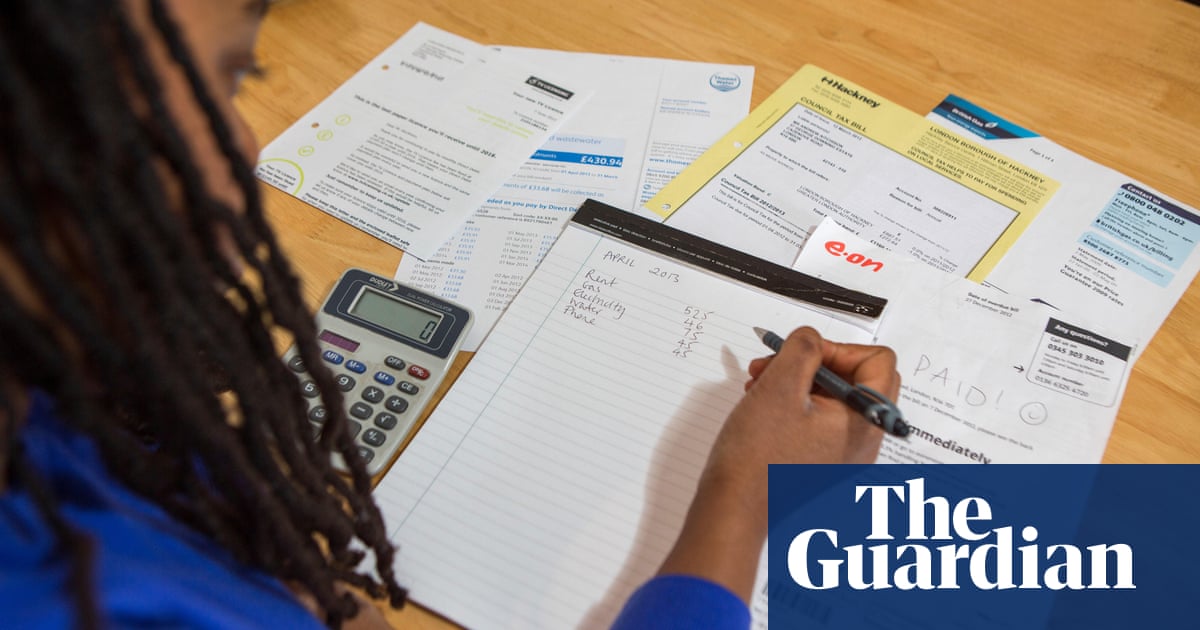
Fewer than one in 70 recorded rapes resulted in a charge last year, as tens of thousands of victims did not support demands from police and prosecutors and withdrew from the process.
Only 1.4% of rapes recorded by police in England and Wales resulted in a charge or a summons in the year to March, a record low after a rate of 1.5% the previous year, according to Home Office figures.
Police recorded more than 55,000 rapes, but a growing number of victims are dropping out of the system. Last year 41% of reports were dropped as the complainant did not support actions called for by police or prosecutors to build a case or bring charges.
The victims’ commissioner, Vera Baird, said this week that rape had in effect been decriminalised owing to the decline in prosecutions. The fall in cases referred by police to the Crown Prosecution Service and record lows in rape prosecutions and convictions are the subject of government review due to report later this year.
Complainants have been under increasing pressure to disclose highly personal information or risk having their case closed, in what campaigners have likened to a “digital strip-search”. Full downloads of the data held on a victim’s phone is often required in order to take a case forward – a practice first reported by the Guardian in 2018.
The practice is now being overhauled following legal action brought by complainants and an investigation by the Information Commissioner’s Office, which found that the demands were excessive and could damage public confidence in the criminal justice system. However, disclosure practices relating to victims’ social services, counselling, medical and school records remain unchanged.
Commenting on the charging figures, Baird said: “These figures confirm once again that thousands of complainants continue to be denied access to justice. This situation cannot be allowed to continue. If the CPS is unwilling or unable to deal with this failure effectively to prosecute rape then the government must act.”
The number of charges is likely to increase as a third of reports are awaiting an outcome. Rape victims face an average wait of 98 days for a decision to charge or drop their case. The average wait for a charge is 395 days, the longest of any crime type.
Sarah Green, the director of End Violence Against Women (EVAW), a coalition of women’s groups, said: “These figures are disastrous and behind them are many women’s individual stories.
“The description of a large set of cases as ‘victim does not want to progress’ is highly problematic. If we are going to understand what is going on here we need that category broken down, not least because right now it is in the police and prosecutors’ interest to try and assign blame or responsibility there.”
A CPS spokesperson said: “We share the concerns about the gap between reported rapes and those cases which come to court. We know these abhorrent crimes can have a devastating impact on victims and are some of the most challenging cases the CPS face. However, we know there is much more to be done to drive up confidence in the justice system and will announce further plans shortly.”












